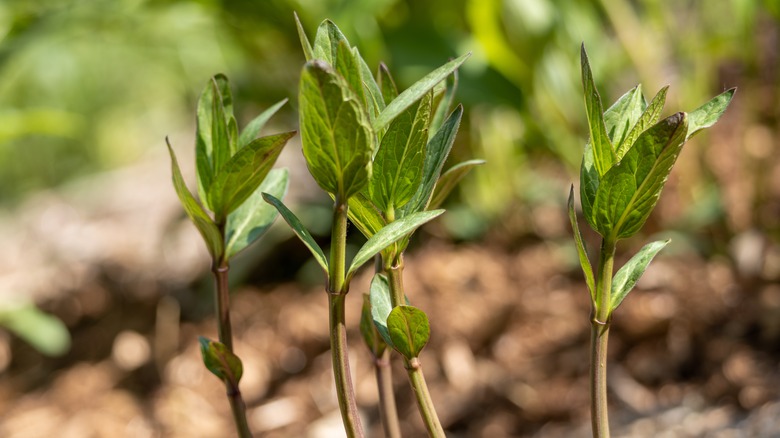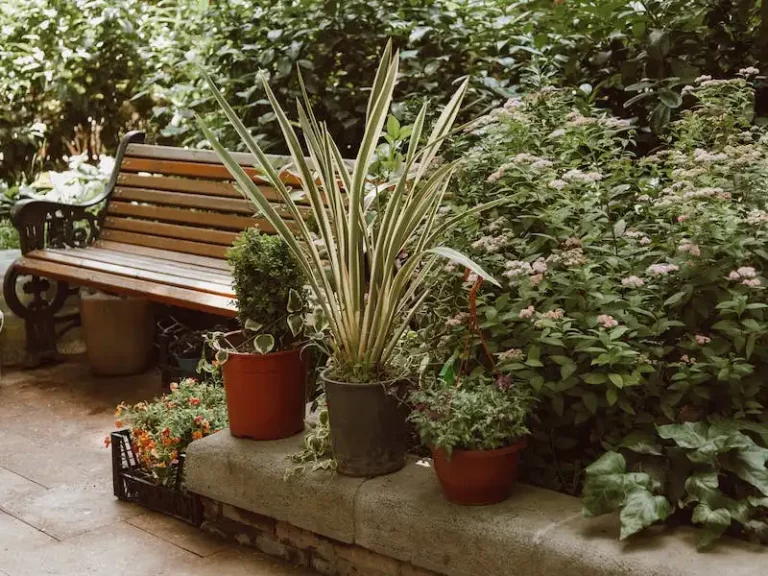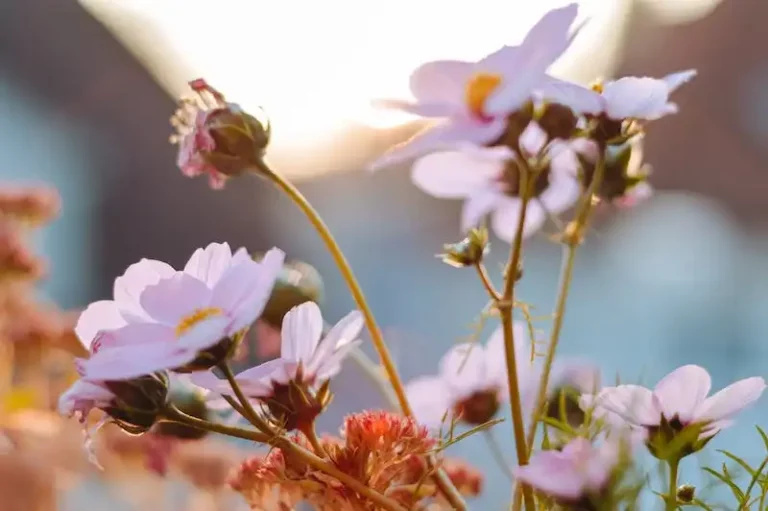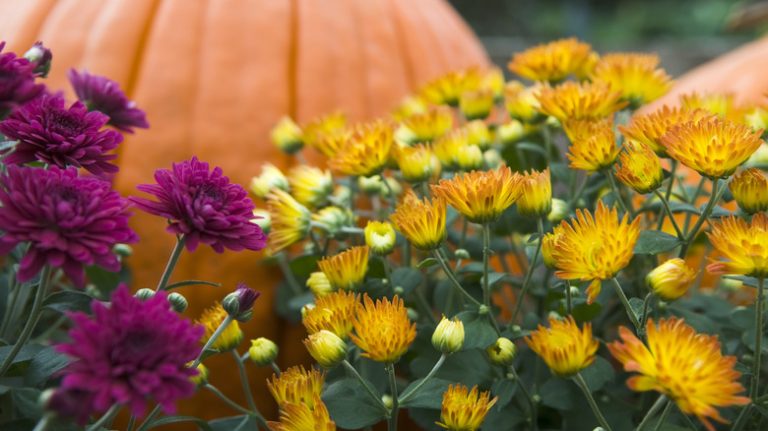Milkweed is a big deal in many gardening circles. Some love it for its beauty, some require it for monarch butterflies, and some hate it because of its toxicity. No matter how you feel about the plant, one thing is for sure: monarchs can’t live without them. Adult monarchs feed on almost any flower, but the caterpillars only feed on milkweed. Without milkweed, there aren’t caterpillars, and monarchs will go extinct. That’s why you’ll find so many people encouraging you to plant milkweed. Unfortunately, buying milkweed isn’t always so easy; many plants supplied by big box stores have pesticide residue that is harmful to monarchs.
Before buying milkweed, make sure you know if it’s safe to grow in your garden. In a perfect world, every plant would be free from harmful chemicals, but that’s just not possible. It’s hard to know how commercially grown plants shipped to big box stores were grown, making your purchase a big question mark. Do your research before purchasing a milkweed seedling so your good intentions don’t have sad consequences.
Big box milkweed isn’t always safe for monarchs
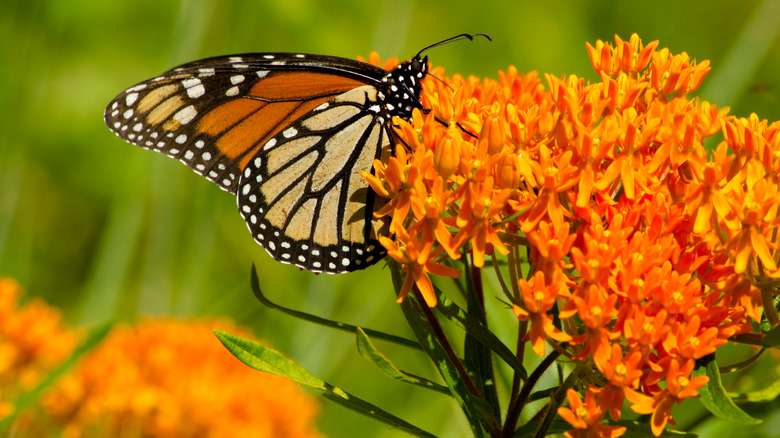
Big box stores are convenient and affordable, there’s no doubt about it. You probably wish you could support local plant nurseries as much as possible, but the chains can sometimes fill your garden for half the price – who can resist? Before you save a dollar or two, consider a harrowing study carried out in 2024, published in Biological Conservation. Milkweed plant leaves were taken from plants purchased at big box stores across 15 states where monarch butterflies live or pass through during their migration. Every single plant had residue of at least one chemical pesticide, with one-third of the plants being contaminated with pesticides that have been proven lethal to monarchs.
You don’t always see pesticide residue, and if you do, there’s no way of knowing what it is without testing it first. Research plant suppliers to find out how they raise their plants so you can make an informed decision about whether you should introduce them to your garden or not. According to the IUNC Red List, monarch populations have declined for a decade, and though their populations have somewhat stabilized as of 2024, concern for this species is growing.
How to make sure your milkweed is safe
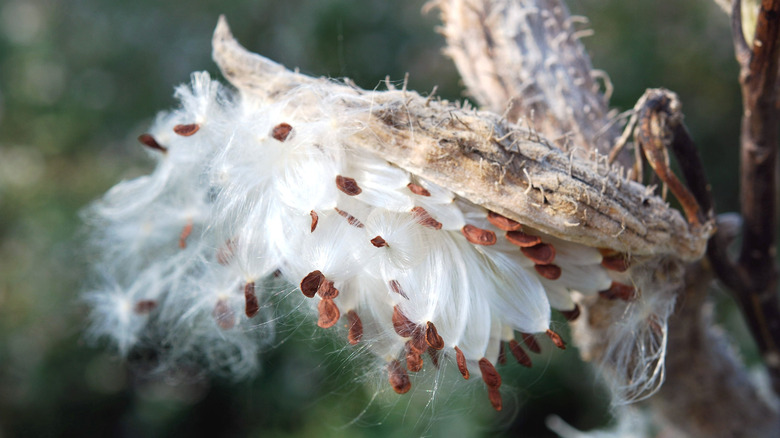
The best way to ensure your milkweed is safe for monarchs is to purchase from nurseries that get their plants from pesticide-free suppliers or, at the very least, suppliers who use as few pesticides as possible. You can accomplish this by asking staff or owners about where their plants come from. Look for local growers who have organic milkweed plants. If you can’t find safe seedlings, you can always purchase organic seeds from reliable sellers and grow them yourself so you know exactly what went into raising the seedlings.
One thing to note as you embark on a journey for organic milkweed is that organic doesn’t mean pesticide-free, as you’ve probably been told. There are pesticides derived from plants, like pyrethrin, that come from chrysanthemums. This all-natural pest control doesn’t contain synthetic chemicals that can be safely sprayed on plants, although they’re still toxic to pollinators.

